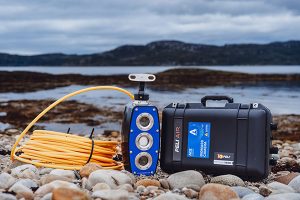
New AI camera system can capture salmon biomass data
A newly launched biomass camera developed by Ace Aquatec uses AI to transform how salmon stocks are monitored and graded.
New Maine oyster farm Muddy River Farm Aquaponics will be using a revolutionary new tank for its oysters, one made of 3D-printed wood.

A newly launched biomass camera developed by Ace Aquatec uses AI to transform how salmon stocks are monitored and graded.
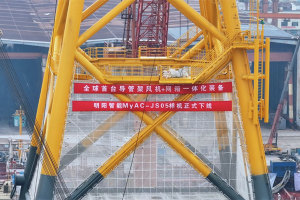
Initiatives to unite aquaculture and offshore wind farms are popping up globally but they face technical, cost and environmental challenges.
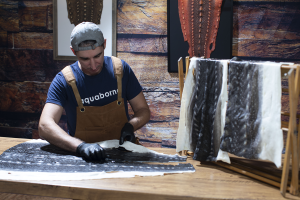
Creative companies like Cruz Foam, Aquaborne and SuperGround embrace the circular economy and upcycle seafood byproducts into new products.
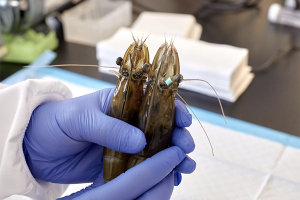
The Center for Aquaculture Technologies' new Shrimp Genetics Innovation Center aims to increase efficiency and lower mortality in aquaculture.
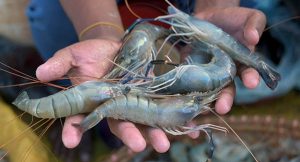
A set of digital tools makes biosecurity training "more engaging and accessible," improving sustainable shrimp production in Bangladesh.
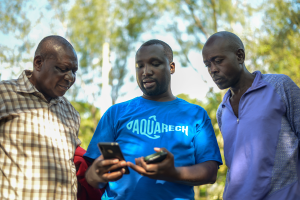
Aquarech tackles challenges in feed, market access and financing for fish farming in Kenya, driving growth and profitability in the sector.
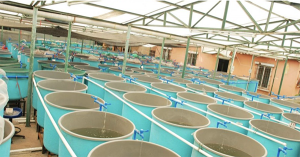
Morocco's first fish hatchery will produce up to 30 million high-quality fry for aquaculture farms across the country.
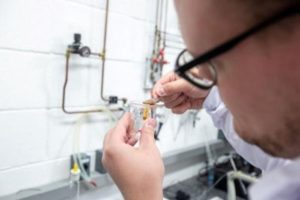
A new biodegradable film is a derivative of limonene from citrus rind, blended with chitosan, a biopolymer from exoskeletons of crustaceans.
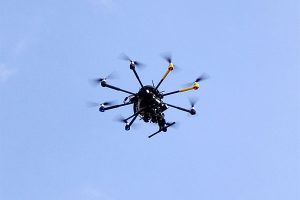
An experimental airborne system is effective at water quality sampling and monitoring, with superior mobility, safety and lower operating costs.
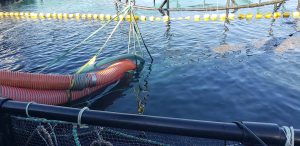
East Coast Innovation's Voluntary Swim-In fish transportation technology minimizes fish stress and enhances survival rates for aquaculture.
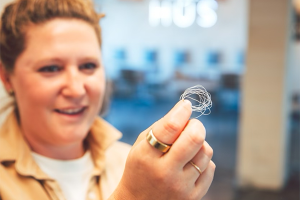
Viable Gear Founder Katie Weiler joined the Advocate and Aquademia to discuss making lobster bait bags and other products with a seaweed polymer.
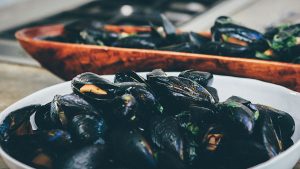
A new genomic chip guarantees the authenticity of Galician mussels, leading to improved seafood traceability and food fraud prevention.
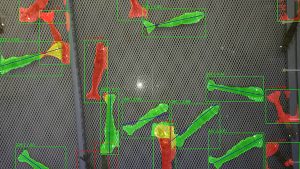
A new artificial intelligence-based computer vision system can count and measure shrimp with up to 95 percent accuracy.
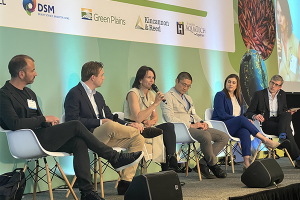
At the Blue Food Innovation Summit, discussions centered on restorative aquaculture’s potential and financing the ocean’s capabilities.
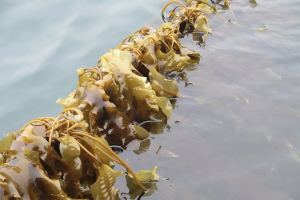
The project will focus on developing technologies suitable for commercial-scale offshore kelp farming and production in Tasmania.